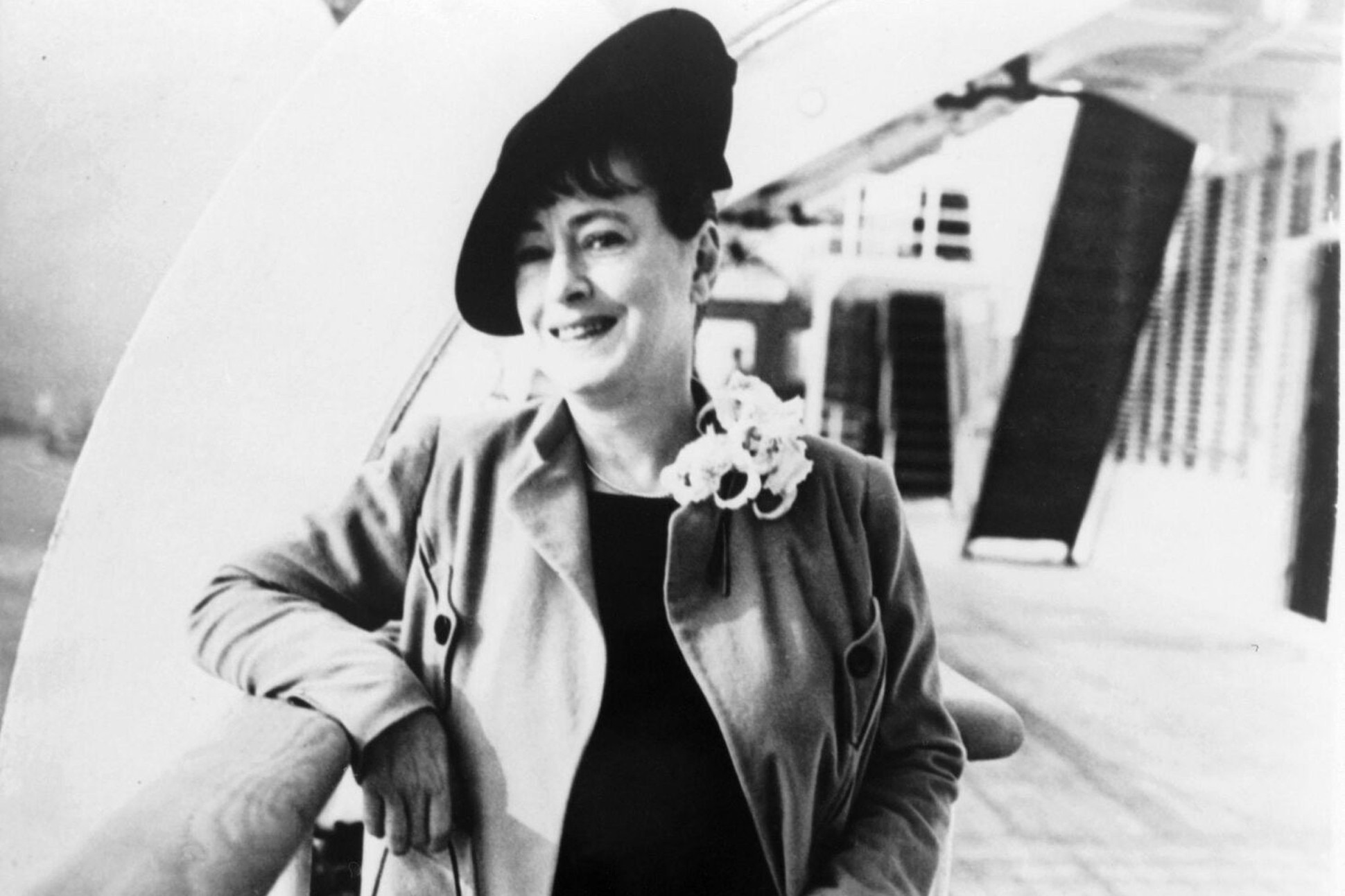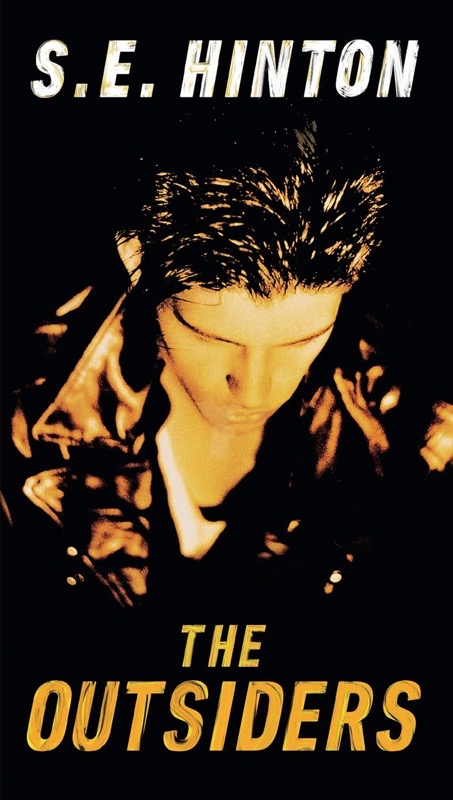Read She Co-Wrote ‘The Maltese Falcon’ But You’ve Never Heard Her Name
Read about more women from early Hollywood
Podcast: Play in new window | Download
Subscribe: RSS
On Screenwriting and Media with Dr. Rosanne Welch
Writing, Film, Television and More!
I always say I could talk about The Monkees all day – or at least for an hour, which is what I just had the privilege of doing with Joe Russo of The Monkees Pad on YouTube.
It’s especially fun to talk with folks like Joe, who know The Monkees so well – both the music and the TV show, which is more my specialty. We covered how the show got on the air (thanks to a young Grant Tinker), how so many of their counter-culture jokes made it past the censor, and why the fandom keeps growing across the generations.
If you love The Monkees individually or as a group, and if you love the TV of the 1960s, I hope you enjoy the listen.
Get Why The Monkees Matter” Today!
Available in Print and Kindle Versions
Podcast: Play in new window | Download
Subscribe: RSS
Since there’s been so much talk this week about mothers being proud of their highly accomplished children it’s a wonderful week to share the link to the latest Writers Guild Foundation panel co-sponsored by the Stephens College MFA in TV and Screenwriting covering the topic of “Writing Females in Leadership Roles”.
Moderated by our Executive Director Dr. Rosanne Welch the panel includes three writers from shows that celebrate female leaders from the real-life 23-year-old Miep Gies who hid Anne Frank’s family to real-life First Ladies Eleanor Roosevelt, Michelle Obama, and Betty Ford to the fictional female leaders of Station 19. Many thanks to Joan Rater (A Small Light), Zora Bikangaga (The First Lady), and especially to our Stephens College MFA alum Alexandra Fernandez (Station 19) for joining us to discuss everything from our childhood role models of female leadership (mostly moms and aunties) to the traits we expect to see in our leaders, to the nuts and bolts of working in a television writers room.

I was doing editor rewrites on a chapter titled “Dorothy Parker: The Creative Genius Behind Film Franchise A STAR IS BORN.” To the note asking me to consider a “less hagiographic title,” I said “No”.
A quick check showed me that many, many, many male writers are called geniuses – but few women.
For instance, this article, Genius – still a country for white, middle class, heterosexual men*, notes:
“Try a quick google search of the terms “literary genius”. The same names keep appearing: William Shakespeare, Fyodor Dostoyevsky, Henry James, William Chaucer, Virginia Woolf, Ernest Hemingway, Herman Melville, Walt Whitman, Jane Austen, Mark Twain, J.D. Salinger, and so on.”
But I would object to J.D. Salinger. Catcher in the Rye did not move me at all – but S. E.  (Susan Elizabeth) Hinton’s The Outsiders moved me and all the generations from mine through my son’s Millennial group and into the folks watching the musical on Broadway right now – while teaching us all to love the poetry of another male genius – Robert Frost. See, I’m willing to use the adjective on men when they deserve it.
(Susan Elizabeth) Hinton’s The Outsiders moved me and all the generations from mine through my son’s Millennial group and into the folks watching the musical on Broadway right now – while teaching us all to love the poetry of another male genius – Robert Frost. See, I’m willing to use the adjective on men when they deserve it.
So the lesson of the day is that if any writer deserves to be called genius, it’s Dorothy Parker.
Own your genius. And use it to describe other female creatives. And maybe refrain from using it on less men for once.
* Genius – still a country for white, middle class, heterosexual men, Natalie Kon-yu, The Conversation